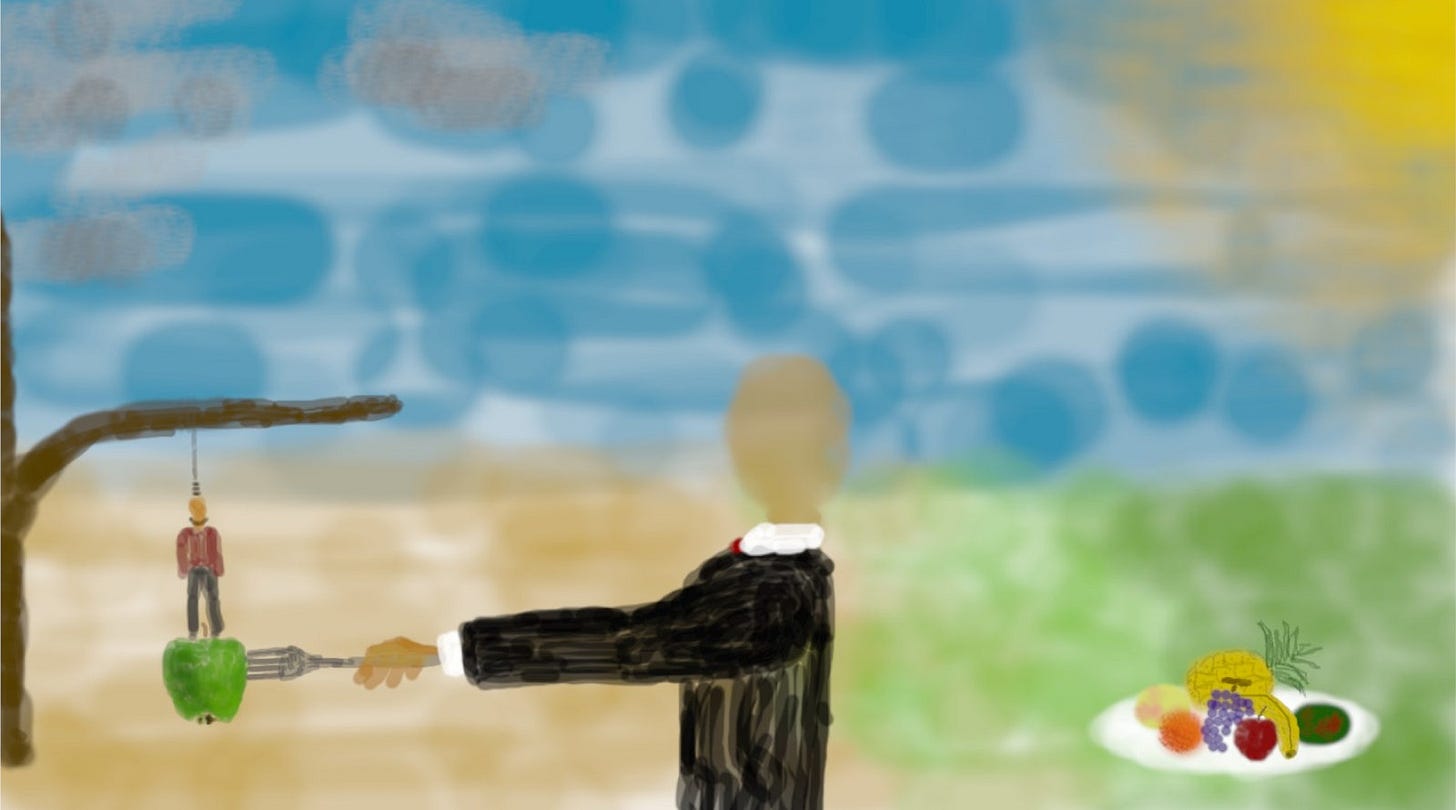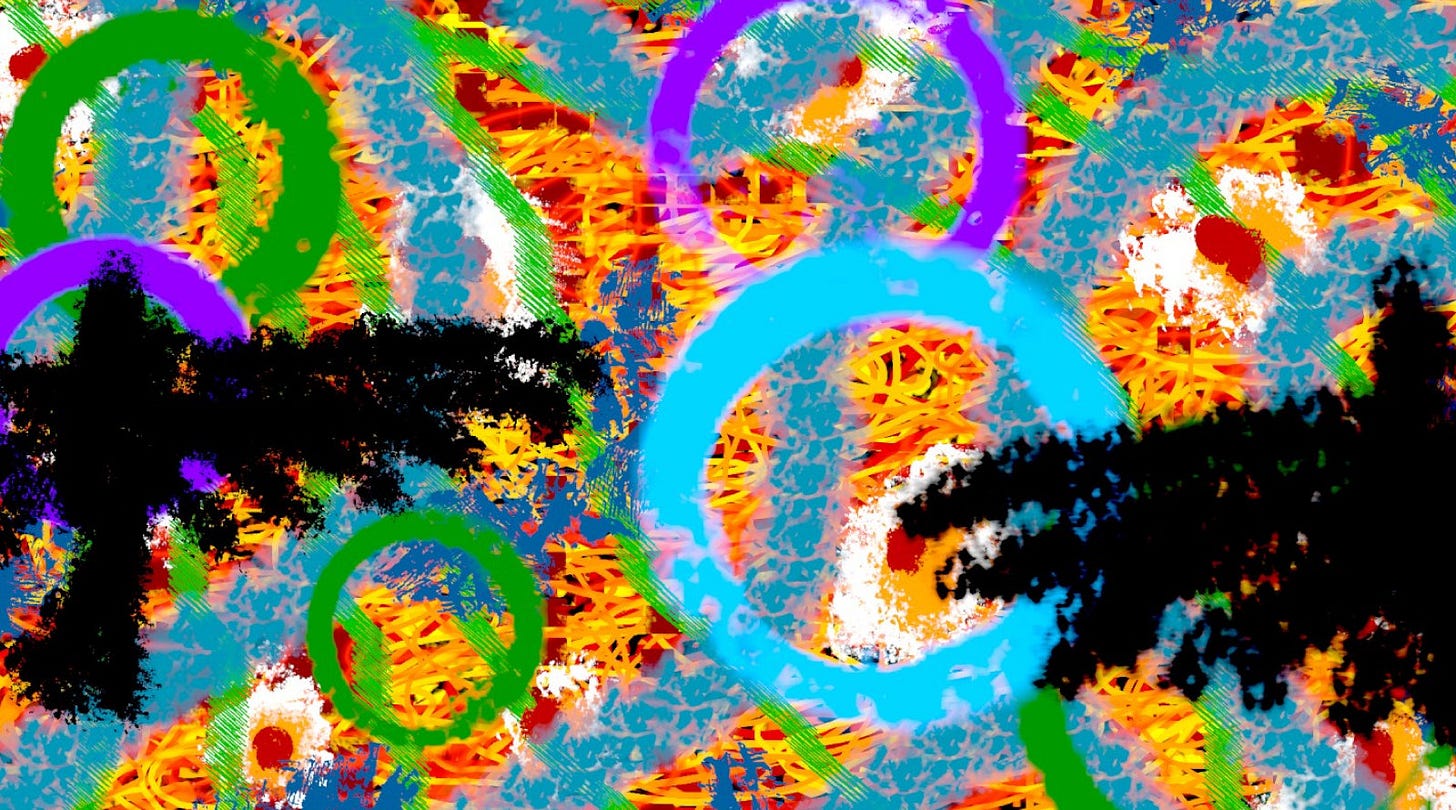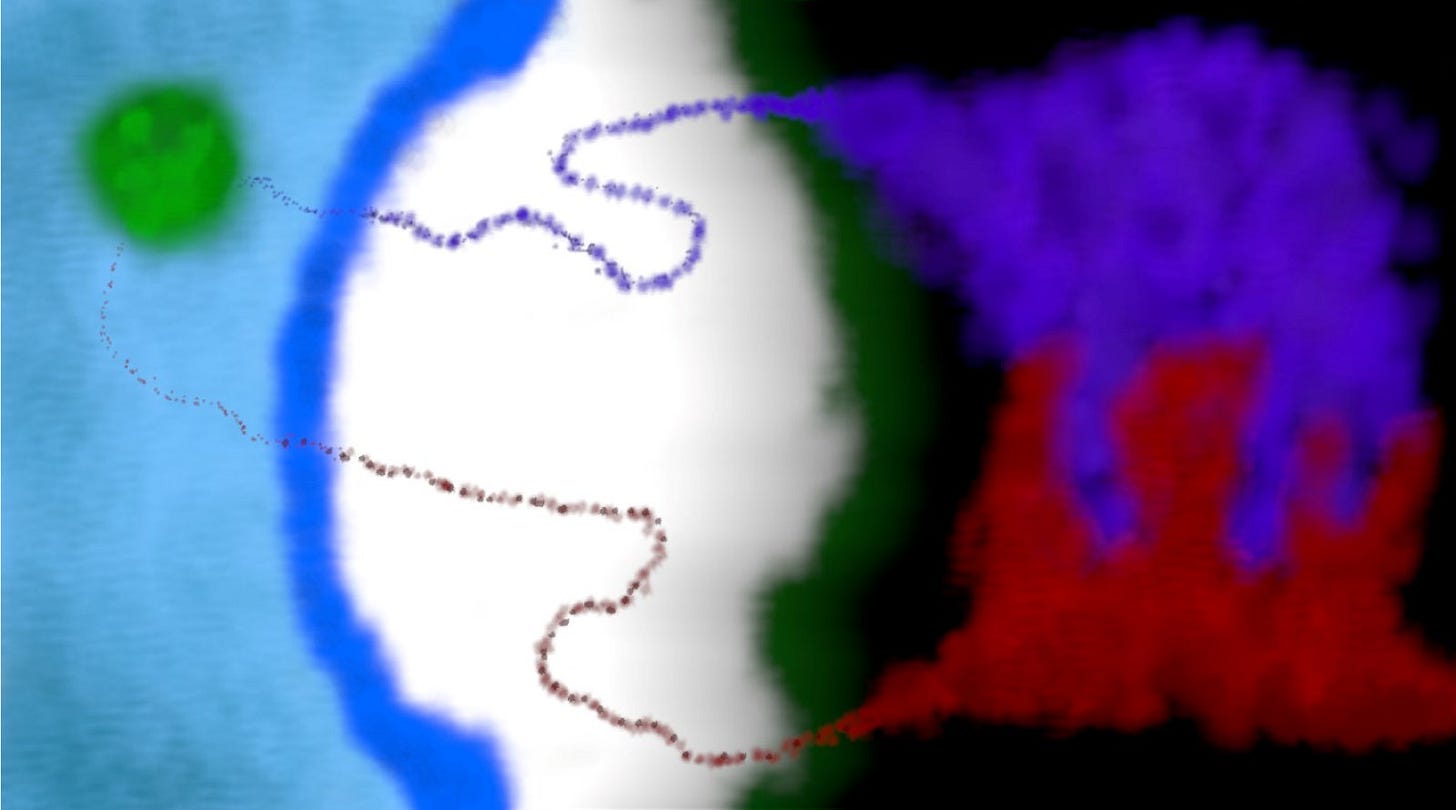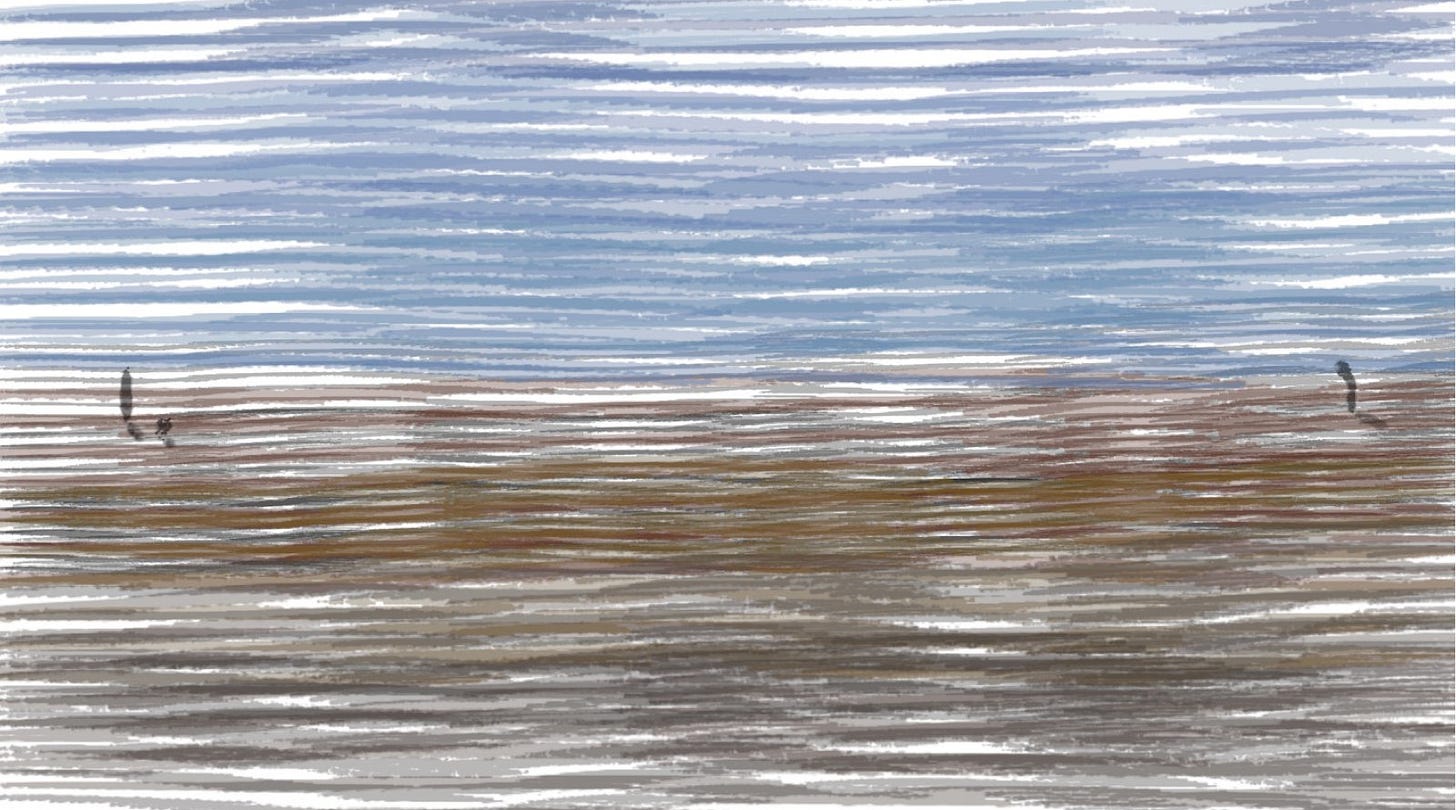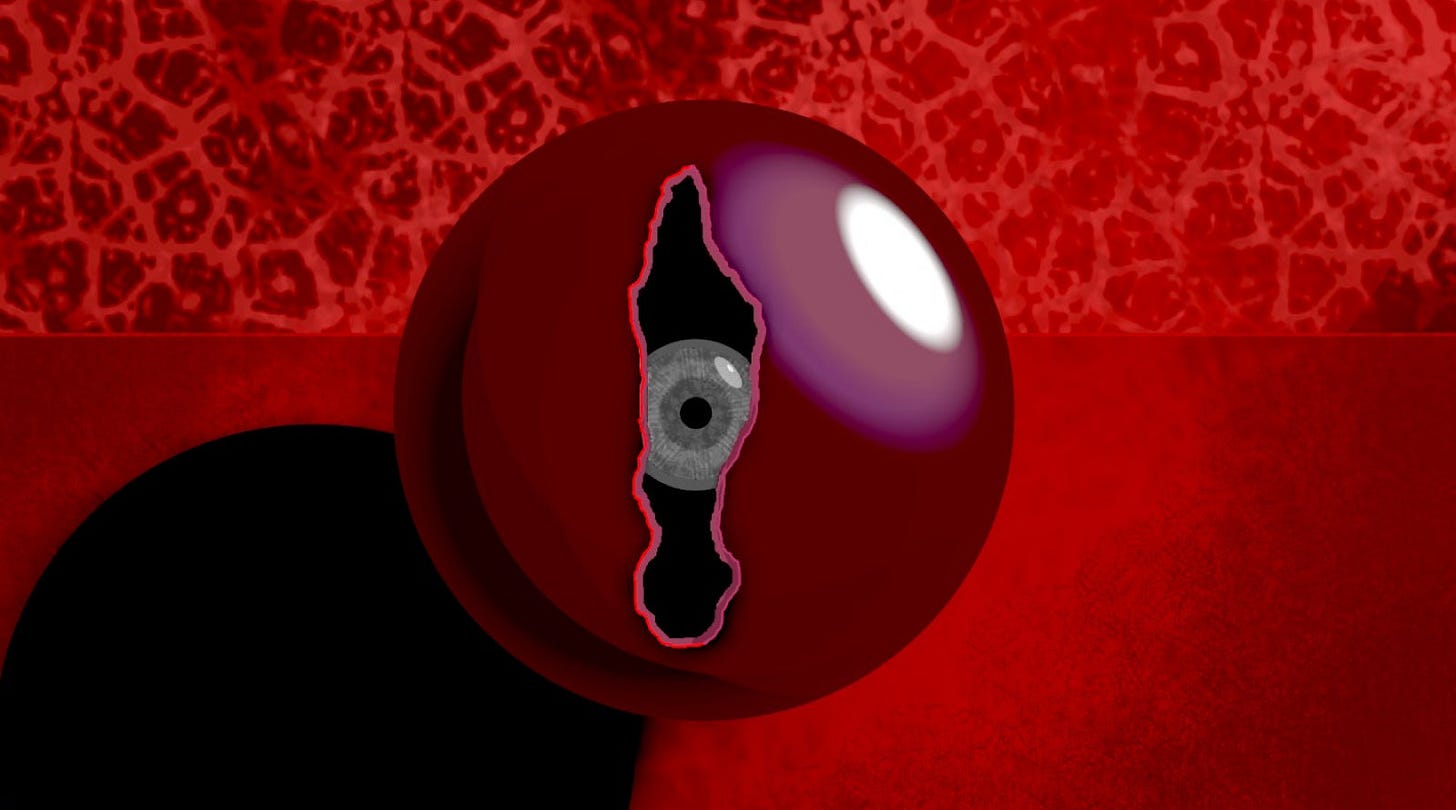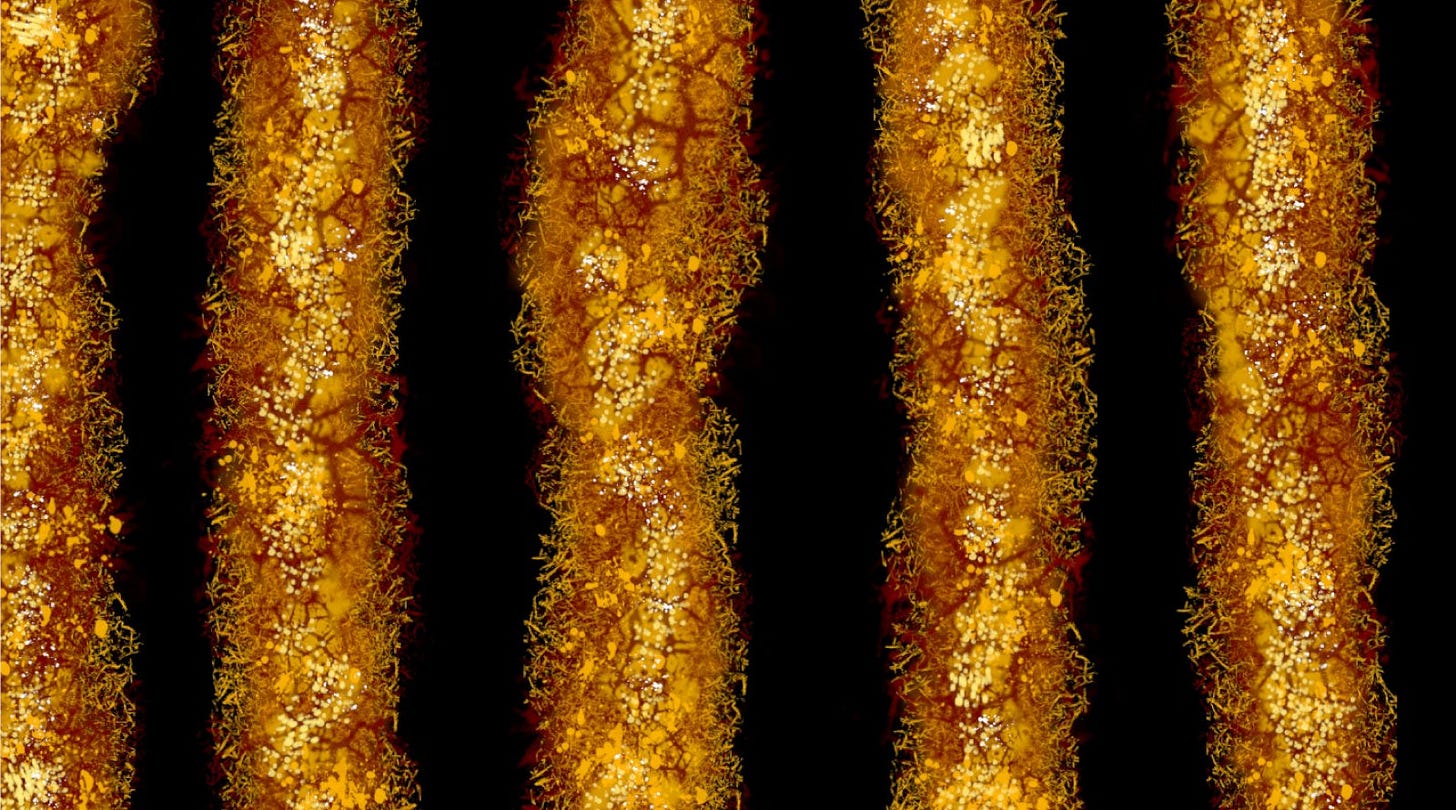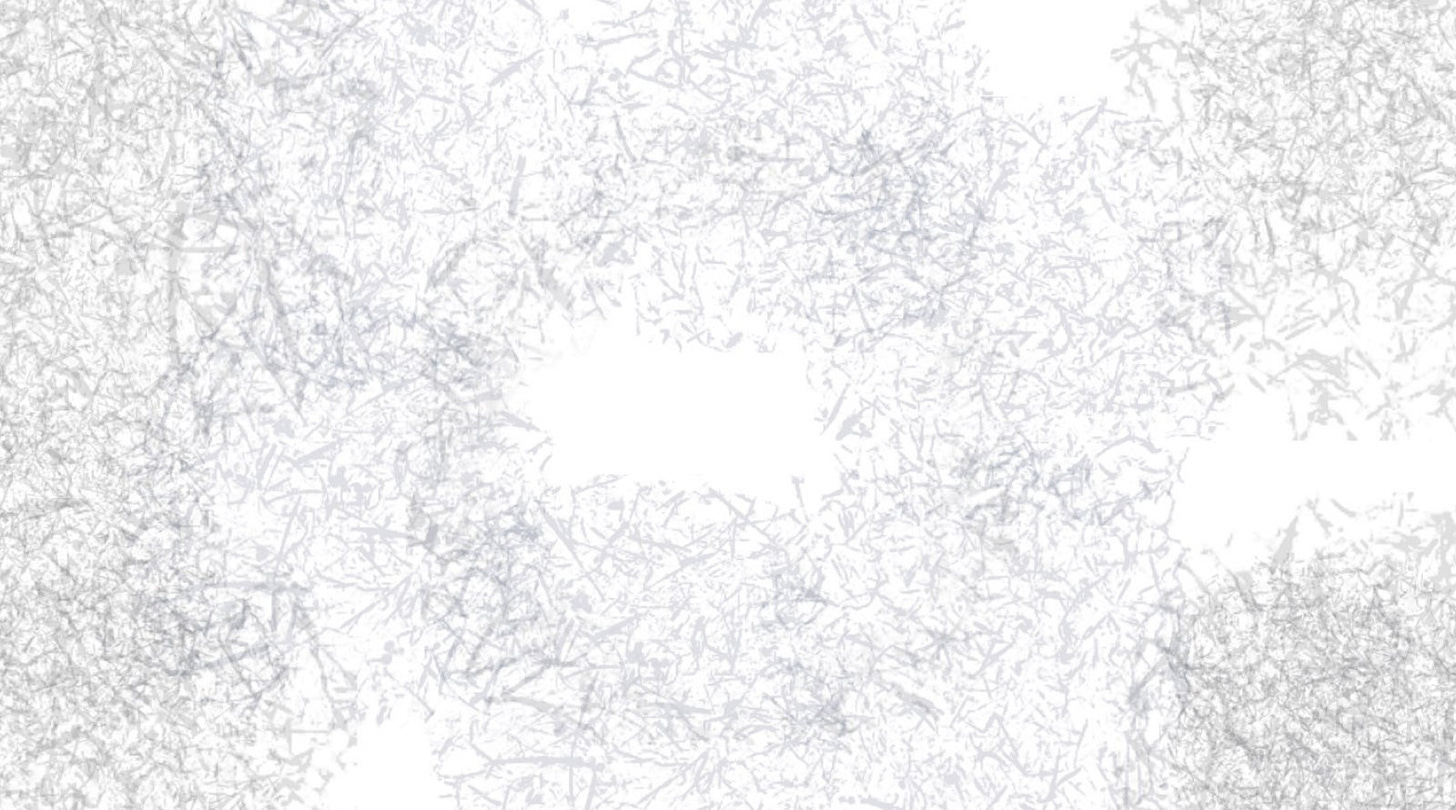Why I quit my PhD, then decided to quit life.
The mental and physical torture of lockdown and mask-wearing.
In 2019, I got the opportunity of a lifetime. A sponsored PhD at Lancaster University, consistently ranked among the top ten universities in the country. It came following a prolonged period of recovery from depression and anxiety, for which I’d been hospitalized. Not the first bleak period I thought I’d never escape. Just as I was poking my head out of the clouds and into the sunlight, the UK government pulled on its jack boots and kicked me back down.
(All artwork used in this article is original digital artwork created during the COVID-19 pandemic, not AI generated or inspired)
I’ve suffered from ‘mental health’ difficulties most of my life, but managed to plod on, working full-time for the best part of two decades, socializing, and keeping as active as my osteoarthritis would allow. Some of this was enjoyable, but much of it involved tolerating pain, abuse, and misfortune. Due to my autoimmune hair loss, even simple things, like visiting a restaurant or pub, or going for a walk in the park, can become moments of traumatic humiliation. It’s difficult to relax when people are filming you as a freak show to share on social media, or even threatening to smash a chair over your head because they ‘hate queers’.
The term ‘mental health’ is problematic for me. I use it because people seem to understand the implication. However, the truth is, I’ve rarely considered myself mentally ill. I just seem to be sensitive to the fact that life is not a rational process, nor a necessary condition, and that much of life’s circumstances are entirely beyond our control, including our birth. There’s no story, no grand plan, and we all have the same destination at the end of the journey. Despite being ‘resilient’, there are many periods when I’ve found the cost of life to be a price I preferred not to pay. When a pointless life becomes too painful to continue, there seems to be only one way out. Seeking ‘help’ in dealing with this feeling has often led to bizarre, superficial, and humiliating experiences.
Existential crises are hard to escape. The financial and emotional toll is catastrophic, not just for the individual, but also for those trying to support them. The most important factor for me has been having the space and time to sit with the hard feelings, process them, and begin to re-imagine life. But it isn’t easy. We live in a pathological society. Most of us have internalized the most idiotic conception of ethics—if you’re not suffering, you’re not trying hard enough. So, we have an internal pressure that conflicts with the need to rest. Plus, we have narrow-minded, judgmental idiots who have no idea what you’ve been through, or what you’re trying to do, sticking their noses where they don’t belong. It doesn’t help, but they’re not trying to help, they’re trying to find someone to blame for their own misery. A goat on which to pin their sins, and drive to their deaths; too cowardly to face up to the demons they have inside.
So, it was with a significant sense of dignity, that I commenced my PhD toward the end of 2019. Shortly after, my ex-wife and I separated. We’d been together for over twenty years, so it was tough for both of us. When you’re with someone for so long, you cease to be an individual. My primary identity was husband. It wasn’t contained in me, but arose through my relationship. Then it was gone.
I moved to a bedsit in a new city and began to try to construct a new life. It’s hard enough at any age, but being a middle-aged student makes it much harder. The Student’s Union isn’t very mindful of what help us old fogies need (their idea of a mature student is someone in their early to mid-twenties). Unfortunately, I found that I was spending the majority of my time at home alone, and one of my neighbours had a habit of slamming doors, making my floor shake.
A few weeks later, I watched with intrigue as the news reported the outbreak of a novel pneumonia in China. In early January, I attended a conference in Oxford, contracting a nasty bout of flu that seemed to linger indefinitely. By March, I was struggling. It was clear from my research that humanity was on course for extinction. Reckless attitudes to technology, food production, and economics, meant the toxic swamp we lived in was becoming increasingly complex and irreversible. The short-term self-interest that dominates contemporary behaviour gave little hope. As such, exponentially increasing demands for resource consumption, and correlating increases in global debt, led me to conclude war would be the most immediate threat.
It’s difficult to stay on the bus when you see it accelerating toward a brick wall. But I held on, getting out to the odd social event, and spending a lot of time researching and penning the first chapters of my doctoral thesis. Then, lockdown was announced.
The trauma of a national government announcing a mortal crisis, and suddenly removing fundamental human rights, felt surreal. Having watched the disease spread globally, unencumbered by even the most menial of border checks, it was jarring. I knew something was seriously amiss. However, like many others, I tried to carry on and adapt to the ‘new normal’. A phrase that clearly announced a global shift in ontology, not a temporary phase set to last a couple of weeks. To get some air, and space, I planned a hike in the countryside. When I drove to my starting location, a public car park, I found it closed. The gate had been chained and padlocked.
Face masks were the final nail. For the main part, they were useless and harmful. Their adoption reversed historic pandemic plans, scientific understanding of respiratory disease, and prior official advice given just weeks earlier. It was clear the masks were being adopted as a psychological tool. A mass awareness of immediate mortal danger, a risk posed by the very presence of other human beings. But there was more. They were suffocating, restricting airflow, and they acted like gags. A symbol of biological restraint and restriction on expression; a theme mirrored in the veiled dictatorial control of information.
I soon became suicidal. I didn’t want to live in a world where tyranny could emerge so completely, and with so little question or protest. This herd behaviour seemed to be the first step on a long road to a horrific repetition of the worst periods of human history. (I still believe it is a distinct possibility.) Nor did I want to live in a world in which neighbours could slam doors so hard it shook the room like a bomb had gone off. Not just once, but up to thirty times over twenty four hours. A world where I was frequently woken from a recurring nightmare, screaming and slamming my foot into the side of the radiator next to my bed.
After finding myself standing calmly with a kitchen knife at my throat, ready to plunge it hard into my jugular, I took a moment to reflect. The outcome of that moment was the decision to contact my GP and take a break from my studies.
The next three months passed quickly. I lived day to day, not thinking about the future. One of the main ways I passed the time was by archiving news stories, and academic papers, relating to the ongoing pandemic (eventually leading me to write my book, ‘SARS-CoV-2: Unveiling the COVID Leviathan’). But it was clear the impact of lockdown, and mask wearing, had knocked me out of delusion. I realized that a university, run as a profit-making institution, was highly unlikely to nurture the sort of thinking required to reorient society, philosophically, psychologically, and behaviourally. I understood that most people had little concern for anything. Even those who voiced humanitarian concerns about our destructive culture, behaved in ways that contradicted such assertions. Most importantly, I saw the masses acting as a dog pack, capable of the most vicious and sadistic conduct toward those who were seen to be disobedient. For example, a man with asthma, who chose not to wear a face mask, being physically assaulted and dragged out of a supermarket; deprived of choice, deprived of dignity, deprived of food.
I quit my PhD, continuing to live day to day. I spent the time meditating, walking in the countryside, expressing my feelings through art, and wondering if suicide was still the best option. At this point, any provocation or external pressure would have resulted in a serious suicide attempt. However, none came. I abandoned my prior aspiration: to help, in some tiny way, to nudge food production toward a less destructive culture. The only tolerable future seemed to be to engage in some sort of palliative practice as humanity hurtled toward inevitable demise. As I reflected on my life, I realized that my experience with mental health services had not been great. There were some decent people, mostly firefighting. And there were a whole heap of presumptuous, aggressive, narrow-minded, unempathetic individuals doing a poor, or even damaging, job.
After considerable effort, and several rounds of recruitment, I managed to get a placement as a trainee mental health social worker. What I saw inside the workings of the NHS horrified me. I wanted to be part of a drive for change. Unfortunately, my physical health took a bad turn. I developed severe fatigue. Strange skin rashes. A persistent cough. Swollen eyelids. And I had to quit my walks in the countryside, each one being followed by extreme exhaustion that lasted days, or weeks. Walking to the supermarket felt like a marathon. I began to turn purple on inclines and had to stop and rest multiple times. Despite seeking help from my GP, I was told, over the telephone, that they couldn’t help and I should take some multivitamins.
With the withdrawal of professional help, my only focus became trying to learn why I was ill and what I could do to help myself. The more I read, the worse things looked. My symptoms seemed to overlap several conditions, all of which had potential to explain what I was living through. Lupus, CFS ME, MCAS (mast-cell activation syndrome), and a few others. I discovered that lupus was often diagnosed many years after onset, many CFS ME patients were subject to abuse, delay, and stigmatization, and MCAS wasn’t even recognized in the UK as a condition. One thing was clear. I had a long, hard slog ahead, and I had no energy for it.
So, in 2022, I made a serious attempt to end my life. It failed. I’ve had some help from a different GP now, and have been diagnosed with ME CFS. I believe a more accurate diagnosis might be possible, but the sort of focused, individualized medicine that could tackle things like mitochondrial dysfunction, or multi-system immune disorders, simply isn’t available on the NHS, and is unlikely to be any time soon. Some of the steps I’ve taken, and supplements I’ve discovered, have helped. One recent discovery, I intended to write about in the future, has been especially helpful. But life has changed. My views on science, sentience, and humanity have shifted, permanently. And I still don’t know if the future I am pushing myself into is such a good idea.
Prior to 2020, I’d always considered ‘lockdown’ to be a term used in prisons. A place people go to be punished. A place where solitary confinement is used as further punishment for disobedience. It is well known that isolating individuals, even for short periods, can have damaging long-term consequences including: anxiety, depression, hopelessness, panic attacks, paranoia, social withdrawal, violent outbursts, psychosis, self harm, and suicide. Some of us experienced lockdown alone, without any private outdoor space, being abused by masked idiots on our short visits to the shops, and with constant disruptive noise from neighbours. For me, and for many others, lockdown was not temporary. It was a severe trauma that permanently changed our lives. From an objective, and normative, view, mine is significantly worse; the future I was aiming for, permanently lost. However, I’ve let go of my naive addiction to hope, which is surprisingly liberating. And I’m a sucker for surprises.





